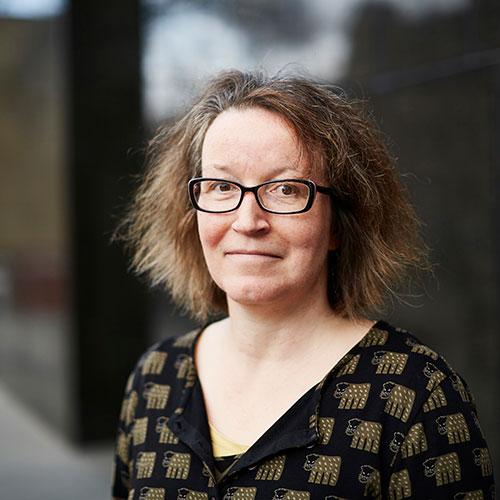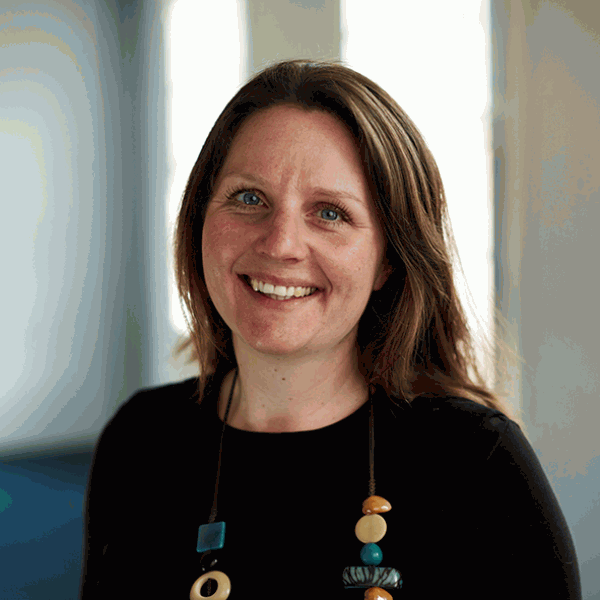Mutual Home Ownership Societies (MHOS): the next phase
We are very pleased to announce that we are working on proposals to develop low cost homes in York, with Yorspace and Lowfield Green Housing Co-op.
The exciting aspect of this work is that Lowfield Green Housing Co-op is a Mutual Home Ownership Society, or 'MHOS'. It will be one of only a few MHOS to be established in the UK (the first being LILAC in Leeds).
What is MHOS?
The MHOS model is an innovative concept, designed as an alternative to conventional home ownership. Instead of individuals owning their own homes, all the properties on a development are owned by a co-operative society. Residents pay a monthly charge to the co-operative society, in return for which they build up equity in the society. This gives residents an interest in the value of the housing assets owned by the co-op. When a resident leaves, they can take this equity pot with them, the value of which may be indexed to an appropriate external measure such as local wages.
The model was originally developed by the New Economics Foundation and CDS Co-operatives. LILAC developed the model and put it into practice, taking out the requirement for a community land trust as the owner of the freehold and refining the details around the level of charges paid by residents. Since then, Wrigleys have been working with LILAC and other groups as part of the UK MHOS Network to evaluate the best way to maximise the model's replicability.
What are the advantages of MHOS?
Houses remain permanently affordable: by disconnecting the occupation of the property from the underlying value of the land, it protects the scheme from fluctuations in the property market.
The overall cost of borrowing is cheaper: there is a single mortgage, held by the co-operative society, which means that the scheme is open to residents who may be unable to obtain an individual mortgage themselves.
Management of the homes is controlled by the people who live in them: all the residents of the scheme are members of the co-op, which means they are protected from the vagaries of a private landlord. It is a suitable structure for cohousing, because it lends itself to housing developments where residents co-design and co-manage their own living spaces.
How will Lowfield Green develop the MHOS model?
We have spoken to several other groups over the years who have had aspirations about delivering affordable homes via an MHOS, but the perceived complexity has deterred them from going further. After years of hard work, tenacity and, at times, sheer will power, that dream is on the verge of becoming a reality for Yorspace and Lowfield Green as they near completion of the purchase of their site. The hope is that their work, which builds on the pioneering work of LILAC, will encourage other groups to reconsider the model.
Lowfield Green Housing Co-op will be based broadly on the LILAC version of MHOS, but will simplify some of its features. Lowfield Green will also return to the original MHOS idea of having a community land trust acting as head landlord: this is the role of Yorspace. As a community benefit society, Yorspace will be able to undertake a community share issue, to purchase the site at Lowfield Green and hold it for the benefit of the community in perpetuity. Yorspace will then lease the site to Lowfield Green Housing Co-op to develop the homes. If you are interested in hearing more about Yorspace's community share issue, which is due to launch shortly, watch this space www.yorspace.org/invest/.
The output of the project will ultimately help demonstrate how affordable housing can be provided on a sustainable footing, and in a way which not only challenges, but seeks to disrupt, the mainstream housing market. It will also seek to change people's perceptions as to how equity can be held in housing and how value in property can grow sustainably.
Are you interested in MHOS?
If you are interested in the model, watch this space for further updates about progress at Lowfield Green. We will be blogging about the scheme as it develops over the coming months.
Further reading:
New Economics Foundation and CDS Co-operatives report (2003): Common Ground – for Mutual Home Ownership
LILAC (2015): Mutual Home Ownership: a new route for permanently affordable communities
Commission on Co-operative and Mutual Housing (2015): Bringing Democracy Home
|
If you would like to discuss any aspect of this article further, please contact Peter Parker or any other member of the Community Led Housing team on 0113 244 6100. You can also keep up to date by following Wrigleys charities team on Twitter here The information in this article is necessarily of a general nature. Specific advice should be sought for specific situations. If you have any queries or need any legal advice please feel free to contact Wrigleys Solicitors |





